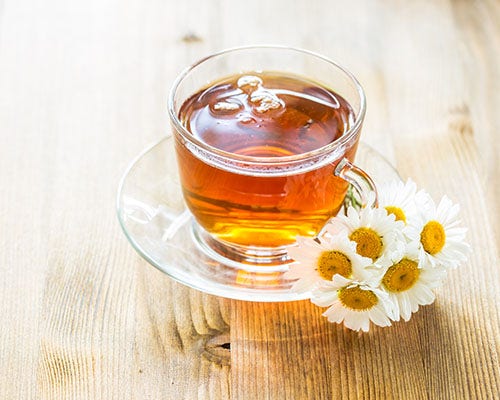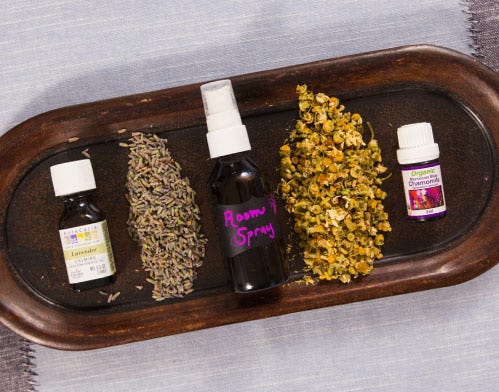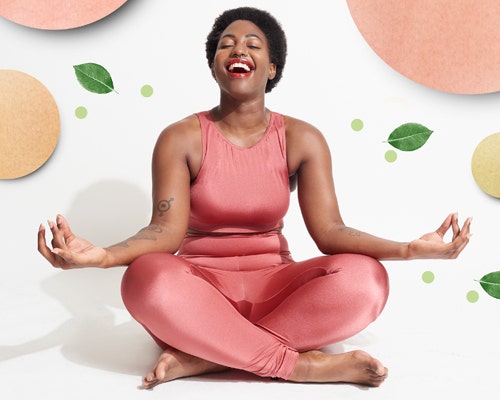Anxiety—Natural Ways To Help Cope
- 1/16/18

[vc_column el_id="text-content" css=".vc_custom_1516043188779{margin-top: -40px !important;padding-right: 0px !important;padding-left: 0px !important;}"][vc_column_text]Nearly everyone feels anxious from time to time, whether it is due to an event like starting a new job, moving to a new city, or even meeting new people. In most cases, mild anxiety is a perfectly normal reaction to everyday stressors. Symptoms of mild anxiety can include feeling fatigued, restless, irritable, or easily distracted. In some more moderate cases, feelings of nausea or insomnia may also occur. Fortunately, there are many simple lifestyle modifications and everyday tricks that can help alleviate most forms of mild anxiety that are quick, easy, and affordable!
It is important to properly manage your stress and anxiety levels, and these tips can be helpful and effective for most people. However, if you are struggling with more moderate to severe anxiety on a regular basis, this could be a sign of an underlying condition such as an anxiety disorder that needs to be addressed by a health professional.
- Engage in regular exercise. Whether you prefer to hit the gym, go for a run or walk, or participate in a group fitness class, just get moving! Exercising is one of the best ways to help combat mild anxiety. Exercise releases feel-good endorphins, which calm your entire body and boost mood, while simultaneously reducing negative stress hormones like adrenaline and cortisol. Yoga is a particularly beneficial form of exercise for reducing anxiety, as many of the poses require focus and breath work, both of which help to focus and calm a restless mind.
- Take a deep breath (or 20). When we are anxious, our entire body tends to tighten up and clench, which is like a silent signal to the brain to stress even more. Instead of breathing normally, we often take quick and shallow breaths when we are anxious. Instead, be mindful to practice instead slow, deep, abdominal breathing, which can work wonders on reducing anxiety levels. Taking just a few minutes to fully inhale and exhale helps to relax the entire body.
- Spend time in nature. Research has shown that spending time in green spaces is highly effective at reducing anxiety levels. If you live in an urban area, head to a park or garden to help clear your mind.
- Get your Zen on. Meditation has been gaining momentum in the mainstream for quite some time, and with good reason. Studies have consistently shown that engaging in a regular meditation practice can lower anxiety levels. Further, it is easier than ever to get started, with countless resources available at your fingertips. There are even many phone app options available, which you can customize with daily reminders.
- Grab a cup of tea. Chamomile tea is known for its sedative effects, making it an ideal choice for a quick break whenever needed to calm your nerves. Chamomile is also available in capsule form, which can be convenient when on the go or traveling.
- Sniff some lavender. Aromatherapy and essential oils in general are excellent for addressing many different health concerns, anxiety included. Lavender is a particularly calming scent, which produces soothing and mildly sedative effects. If anxiety plagues you most at night, try spritzing some lavender on your pillow for more restful sleep.
- Mellow out with music. Musical preference is deeply personal, but universally effective at helping to improve mood. Sometimes an upbeat song with catchy lyrics you can sing along to works best, while other times you may want to zone out with a wordless melody. Either way, music impacts the brain in positive ways to help tame anxiety.
It is important to properly manage your stress and anxiety levels, and these tips can be helpful and effective for most people. However, if you are struggling with more moderate to severe anxiety on a regular basis, this could be a sign of an underlying condition such as an anxiety disorder that needs to be addressed by a health professional.





